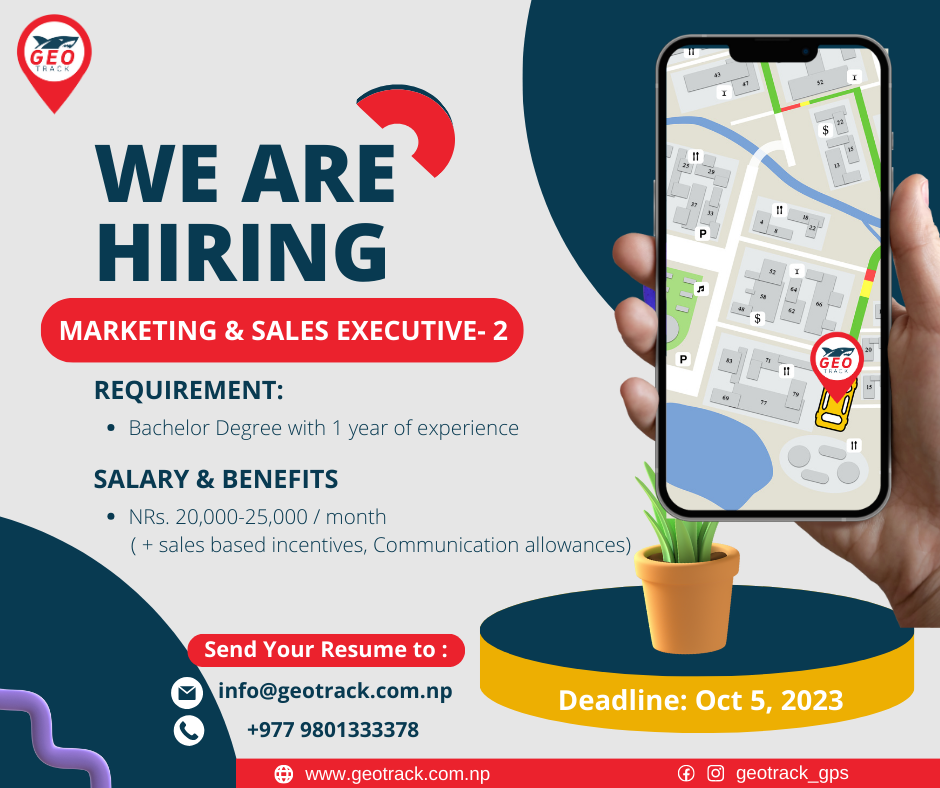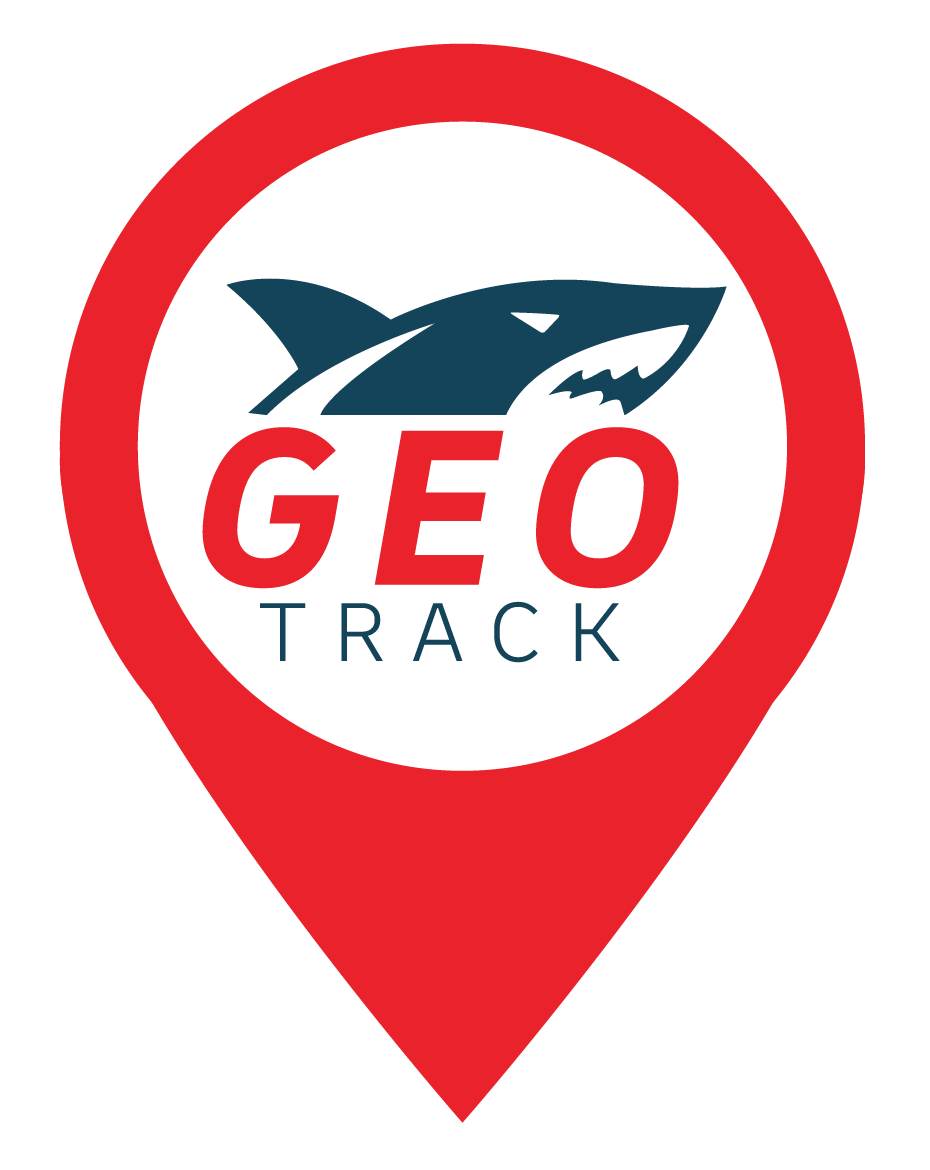From Location to Insight: How GPS Tracking Enhances Efficiency

In today's competitive business world, efficiency is key. Businesses need to find ways to streamline their operations and reduce costs in order to stay ahead of the competition. GPS tracking is a powerful tool that can help businesses do just that.
GPS tracking provides businesses with real-time location data on their assets, vehicles, and employees. This data can be used to improve efficiency in a number of ways, including:
- Route optimization: GPS tracking can be used to identify the most efficient routes between destinations. This can save businesses time and money on fuel costs. For example, a delivery company can use GPS tracking to identify the most efficient way to deliver packages to customers in a given area. This can help the company reduce the number of miles driven by its drivers, which can save on fuel costs.
- Real-time monitoring: GPS tracking allows businesses to monitor the location of their assets in real time. This can be used to track the movement of vehicles, and other assets. This level of visibility can help businesses to improve efficiency by identifying potential problems early on. For example, a construction company can use GPS tracking to monitor the location of its equipment. If a piece of equipment is not where it is supposed to be, the company can be alerted immediately. This can help the company to prevent delays and keep projects on schedule.
- Automated reporting: GPS tracking can also be used to generate automated reports on vehicle location, speed, and fuel consumption. This data can be used to identify areas where efficiency can be improved. For example, a business can use GPS tracking data to identify drivers who are speeding or who are not following the prescribed route. This information can then be used to provide training to drivers or to implement new policies.
- Cost savings: The benefits of GPS tracking can lead to significant cost savings for businesses. By optimizing routes, reducing fuel consumption, and improving driver behavior, businesses can save money on a number of different expenses. For example, a fleet management company estimates that its customers save an average of 10% on fuel costs by using GPS tracking. The company also estimates that its customers save an average of 15% on maintenance costs.
- Improved safety: GPS tracking can also be used to improve safety. By tracking the location of vehicles and drivers, businesses can identify potential hazards and take steps to mitigate them. For example, a business can use GPS tracking to identify drivers who are driving in dangerous areas. This information can then be used to provide training to drivers or to implement new policies.
- Prevention of theft and vandalism: GPS tracking can also be used to track the location of assets. This can help businesses to prevent theft and vandalism. For example, a retail store can use GPS tracking to track the location of its inventory. If an item is stolen, the business can use the GPS data to track down the thief.
In conclusion, GPS tracking is a powerful tool that can help businesses improve efficiency in a number of ways. By optimizing routes, reducing fuel consumption, improving driver behavior, improving safety, and preventing theft and vandalism, businesses can save money and improve their bottom line.
If you are looking for ways to improve the efficiency of your business, GPS tracking is a great place to start. GeoTrack GPS is the best solutions available on the market, so you can find us for your needs.
Email: [email protected]
Mob/Whats app: +977 9801333378









.png)


.png)